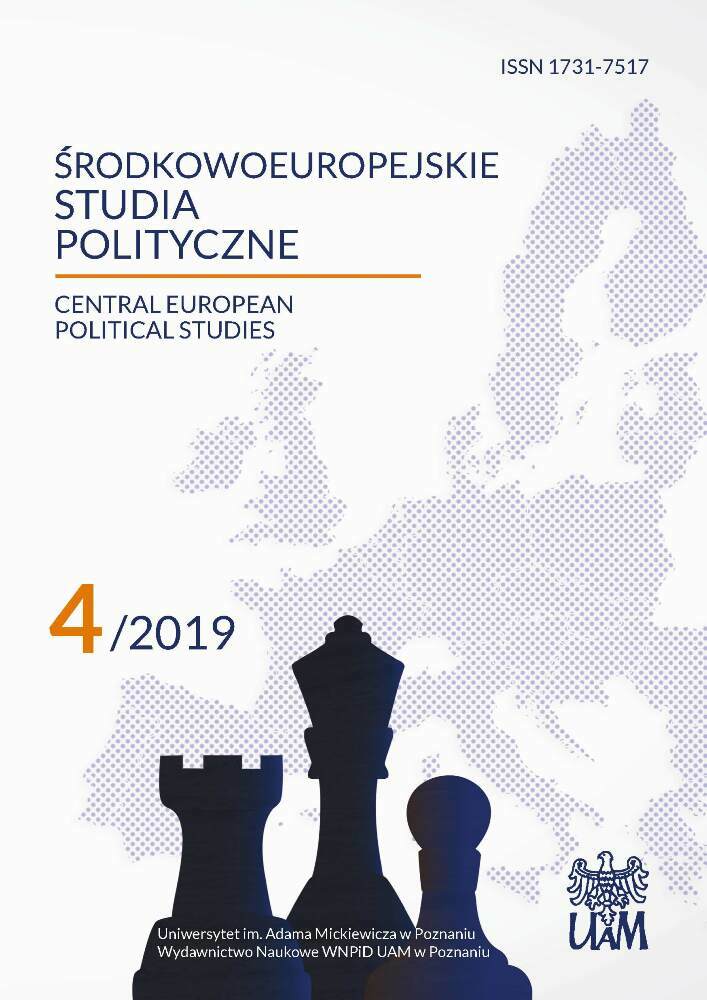Abstract
The article examines the key moments of the transformation of the liberal tradition in Russia in the context of analysis of the main directions of the evolution of liberal ideological discourse and liberal culture in Western Europe and the United States. The need for such an analysis is determined, primarily, by the fact that since the early 1990s the Western liberal stereotypes became ideological basis for the new Russian political elite and the dominant trend of state propaganda. However, the main fact is often overlooked: in the XX century Russian liberalism has twice been compromised so that in the short-term the hopes for the revival of the liberal ideas are left. The crisis of the liberal tradition delineated also the West. Liberalism is undergoing there very significant transformation, with far-reaching cultural and political implications. In particular, at the end of XX – beginning of XXI cc. more active role in Western public discourse began to play the radical neo-conservative versions of an ideology that combined conservative program of political reforms with a strong libertarian (neoliberal) rhetoric, which is actively used by the ruling circles of the USA and Western Europe for ideological influence on the political elites of Russia as like as the Central and Eastern Europe during the so-called “velvet revolutions”. At the same time in the late twentieth century, more and more clearly and sharply came to the fore anti-liberal thought and criticism that has always evolved in parallel with liberalism itself and almost never stopped its existence.
Funding
The article was prepared with the support of the Russian Foundation for Basic Research and the Expert Institute of Social Research, project No. 19-011-31066 «Symbolic politics in modern Russia: global risks, civil identity and vectors of historical memory».
References
Autonomy and the Challenges to Liberalism: New Essays (2005), eds. J. Christman, J. Anderson, Cambridge.
Beiner R. (1995), What’s the Matter with Liberalism?, Berkeley–Los Angeles–Oxford.
Berdiaev N. (1990a), Novoje srednevekovje. Razmyshlenije o sud’be Rossii i Evropy [The New Middle Ages. Deliberation on the Fate of Russia and Europe], Moscow [Бердяев Н. (1990а), Новое средневековье, Москва].
Berdiaev N. A. (1990b), Istoki i smysl russkogo kommunizma [The Beginning and Meaning of the Russian Communism], Moscow [Бердяев Н. А. (1990b), Истоки и смысл русского коммунизма, Москва].
Beyme K. von. (2001), Politische Theorien in Russland. 1789–1945, Wiesbaden.
Beyme K. von. (2013), Liberalismus. Theorien des Liberalismus und Radikalismus im Zeitalter der Ideologien. 1789–1945, Wiesbaden.
Fawcett E. (2014), Liberalism. The Life of an Idea, Princeton.
Freeden M. (2015), Liberalism. A Very Short Introduction, Oxford.
Fukuyama F. (1992), The End of History and the Last Man, New York.
Gradovkij A. D. (1901), Sobranije sochinenij, T. 6 [Works, vol. 6], ed. A. A. Shahmatov, St. Petersburg [Градовский А. Д. (1901), Изд. А. А. Шахматов, Т. 6, Санкт-Петербург].
Gaus G. (2001), Ideological Dominance through Philosophical Confusion: Liberalism in the Twentieth Century, in: Reassessing Political Ideologies. The Durability of Dissent, ed. M. Freeden, London–New York, pp. 13–34.
Henderson D. (2001), Anti-liberalism 2000. The Rise of New Millenium Collectivism, London.
Kahn P. W. (2005), Putting Liberalism in Its Place, Princeton.
Kavelin K. D. (2013), Gosudarstvo i obschina [State and Community], eds. V. B. Trofimova, O. A. Platonov, Moscow [Кавелин К. Д. (2013), Государство и община, под ред. В. Б. Трофимовой, О. А. Платонова, Москва].
Liberalism: New Essays on Liberal Themes (2000), eds. J. Narveson, S. Dimock, Dordrecht.
MacIntyre A. (1988), Whose Justice? Which Rationality?, Notre Dame–Indiana.
Mannheim K. (1998), Ideology and Utopia: An Introduction to the Sociology of Knowledge, London–Henley.
Manifesty russkogo liberalizma. Problemy idealizma. Vehi. Iz glubiny (2009) [Manifestos of the Russian Idealism. The Problems of Idealism. Milestones. De Profundis], ed. V. V. Sapov, Moscow [Манифесты русского либерализма. Проблемы идеализма. Вехи. Из глубины, под ред. В. В. Сапова, Москва].
Mescherskij V. P. (2010), Za velikuju Rossiju. Protiv liberalizma [For the Great Russia. Against Liberalism], eds: Y. V. Klimakov, O. A. Platonov, Moscow [Мещерский В. П. (2010) За великую Россию. Против либерализма, под ред. Ю. В. Климакова, О. А. Платонова, Москва].
Remarque E. M. (1988), Arc de Triomphe. Roman. Mit einem Nachwort von Tilman Westphalen, Köln.
Shils E. (1981), Tradition, Chicago.
Thompson W. (2011), Ideologies in the Age of Extremes: Liberalism, Conservatism, Communism, Fascism 1914–1991, New York.
Walicki A. (2015). The Flow of Ideas. Russian Thought from the Enlightenment to the Religious-Philosophical Renaissance, Frankfurt am Mein.
Wolf-Devine C. (2003), The Hegemonic Liberalism of Susan Moller Okin, in: Liberalism at the Crossroads. An Introduction to Contemporary Liberal Political Theory and Its Critics. Second Edition, ed. Chr. Wolfe, Lahnam–Boulder–New York–Oxford, pp. 41–60.


